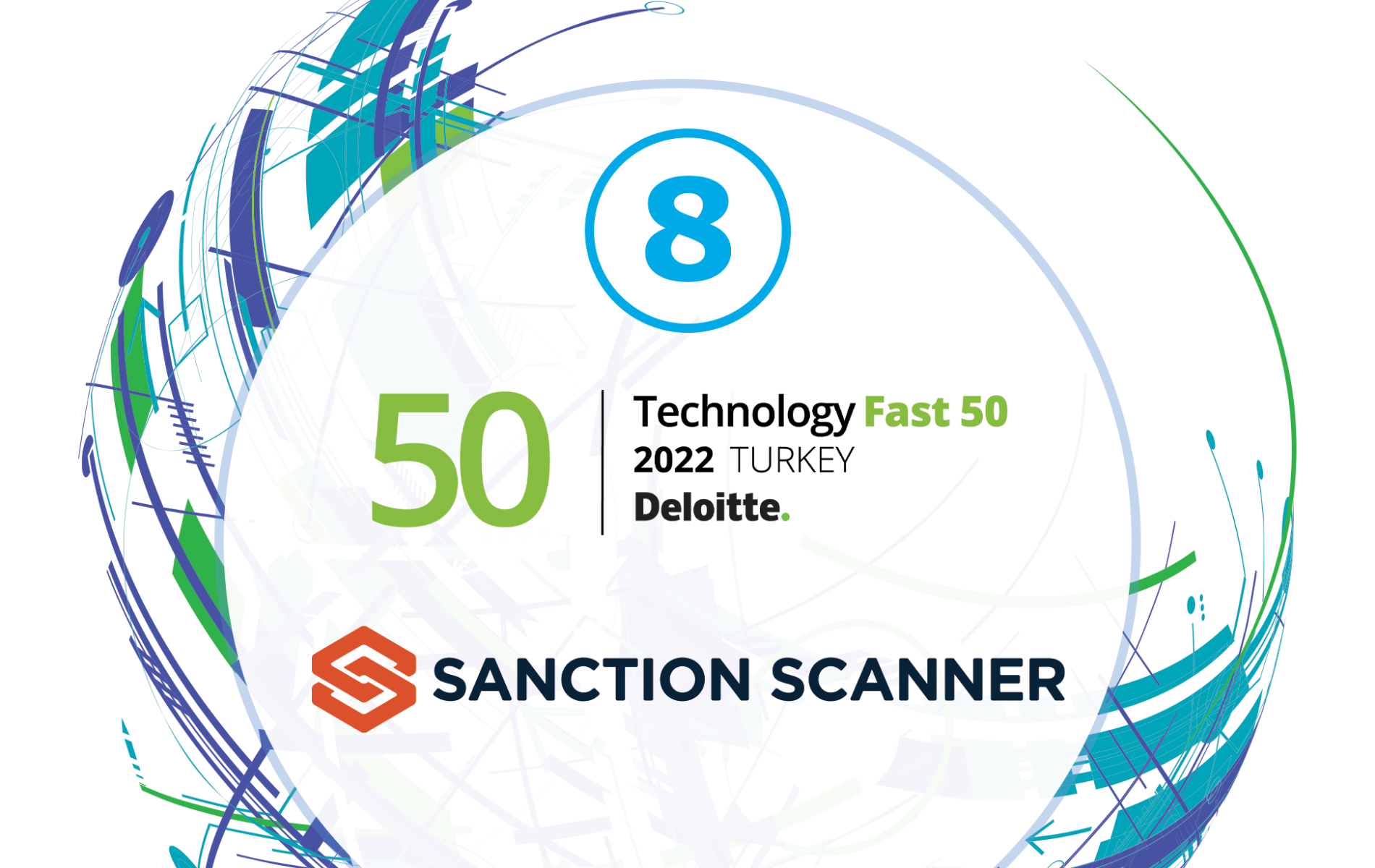Money laundering is a serious crime that involves the concealment of illicit funds through a complex web of financial transactions. One industry that has been particularly susceptible to money laundering is the vehicle sales industry. Criminals often use vehicle sales as a means of legitimizing their ill-gotten gains by buying and selling vehicles at inflated prices, making it difficult for authorities to trace the source of the funds.
Common Methods Used for Money Laundering in Vehicle Sales
There are several common methods used for money laundering in vehicle sales, including:
- Over- or Under-invoicing: Criminals may over-invoice or under-invoice the price of a vehicle in order to move money across borders or to conceal the true value of the transaction. Over-invoicing involves inflating the sale price of the vehicle, while under-invoicing involves undervaluing the price of the vehicle.
- Cash Transactions: Criminals often use cash to purchase vehicles, as this makes it difficult to trace the source of the funds. They may also use cash to purchase multiple vehicles, further complicating the transaction.
- Structuring Transactions: Structuring transactions involves breaking down large sums of money into smaller transactions to avoid detection by financial regulators. Criminals may structure transactions to purchase multiple vehicles or to make smaller payments over a longer period.
- Use of Third-Party Intermediaries: Criminals may use third-party intermediaries, such as car dealers or brokers, to purchase or sell vehicles. This makes it difficult to trace the source of the funds or the true owner of the vehicle.
- Trade-Based Money Laundering: Criminals may use trade-based money laundering methods to move money across borders, such as through the use of false invoices or by misrepresenting the contents of a shipment.
It is important to note that these methods can be used in combination, making it even more difficult to detect money laundering in vehicle sales.

Red Flags to Watch Out for in Vehicle Sales Transactions
There are several red flags that dealers and other professionals in the vehicle sales industry should watch out for when conducting transactions that may indicate money laundering. These red flags include the following:
- Large Cash Payments: Criminals often use cash to purchase vehicles, particularly high-value vehicles. Dealers should be wary of large cash payments, particularly those that are made in smaller denominations.
- Unusual Purchase Patterns: Dealers should be alert to unusual purchase patterns, such as customers who purchase vehicles at a rapid pace or those who purchase a large number of vehicles that are inconsistent with their business or personal needs.
- Lack of Documentation: Dealers should be wary of customers who are reluctant or unable to provide adequate documentation, such as identification documents, proof of income, or financial statements.
- Use of Third-Party Intermediaries: Criminals may use third-party intermediaries, such as brokers or dealers, to purchase or sell vehicles. Dealers should be alert to these transactions and verify the identity of all parties involved.
- Inflated or Undervalued Prices: Criminals may inflate or undervalue the price of a vehicle in order to conceal the true value of the transaction. Dealers should be alert to prices that are significantly higher or lower than market value.
- Use of Multiple Payment Methods: Criminals may use multiple payment methods, such as cash, checks, and wire transfers, to conceal the true source of funds. Dealers should be wary of transactions that involve multiple payment methods or unusual payment methods.
- Unusual Financial Activity: Dealers should be alert to unusual financial activity, such as customers who make large deposits or withdrawals that are inconsistent with their business or personal needs.
By being vigilant and watching out for these red flags, dealers and other professionals in the vehicle sales industry can help to prevent money laundering and protect their businesses from regulatory scrutiny.
Regulatory Requirements for Vehicle Sales
There are several regulatory requirements that dealers and other professionals in the vehicle sales industry must comply with when detecting and reporting money laundering. These requirements vary by jurisdiction, but some common requirements include:
- Customer Due Diligence (CDD): Dealers must conduct customer due diligence to verify the identity of their customers, the source of their funds, and the intended use of the vehicle. This involves obtaining identification documents, financial statements, and other relevant information.
- Suspicious Activity Reporting (SAR): Dealers must file a Suspicious Activity Report with the relevant authorities if they suspect that a transaction may be related to money laundering. The SAR must be filed within a certain timeframe and must include specific information about the transaction and the parties involved.
- Record Keeping: Dealers must maintain detailed records of all transactions, including the identity of the customer, the purchase price, and the source of funds. These records must be kept for a certain period of time and made available to regulatory authorities upon request.
- Regulatory Reporting: Dealers must comply with any additional regulatory reporting requirements in their jurisdiction, such as reporting large cash transactions or suspicious wire transfers.
Case Studies: Examples of Money Laundering
There have been several high-profile cases of money laundering in the vehicle sales industry over the years. Here are a few examples:
- In 2019, the US Department of Justice announced charges against a Venezuelan businessman and several others for laundering $1.2 billion in funds stolen from the state-owned oil company PDVSA. The group allegedly used the funds to purchase luxury properties and vehicles, including a Gulfstream jet and a yacht, which were then sold or leased to generate additional funds.
- In 2018, a UK-based gang was sentenced to a combined total of over 50 years in prison for laundering over £16 million ($22 million) through the sale of luxury vehicles. The group purchased high-end vehicles, such as Lamborghinis and Bentleys, with illicit funds and then sold them through their dealership at inflated prices.
- In 2016, the US government seized $1.5 million worth of luxury vehicles from a Los Angeles dealership as part of an investigation into an alleged money laundering scheme involving drug trafficking proceeds. The dealership was accused of accepting cash payments from drug traffickers and using the funds to purchase luxury vehicles, which were then sold at a profit.
These cases highlight the diverse methods that criminals may use to launder money through the vehicle sales industry, including the purchase of luxury vehicles with illicit funds and the use of front companies and intermediaries to conceal the true source of funds. They also underscore the importance of regulatory compliance and the need for dealers and other professionals in the industry to be vigilant in detecting and reporting suspicious activities.



